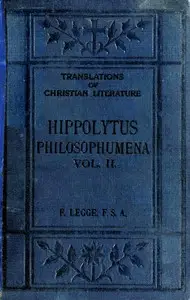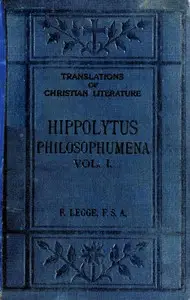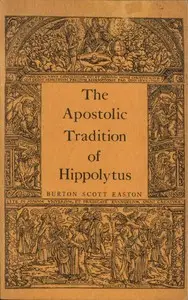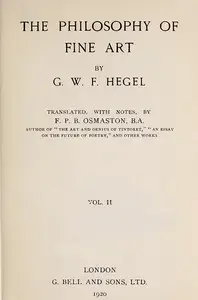"Philosophumena; or, The Refutation of All Heresies, Volume II" by Hippolytus is a theological and philosophical work written in the early 3rd century. This text seeks to counter various heretical beliefs within early Christianity, particularly those attributed to figures like Simon Magus and Valentinus. It outlines the doctrines and teachings of these heresies, dissecting their implications and how they diverge from orthodox Christian beliefs. The opening of the work introduces the focus on Simon Magus and his followers, highlighting his magical practices and claims of divinity. It contrasts Simon's doctrines with those of other heretics, revealing their reliance on Platonic and Pythagorean philosophies rather than scripture. The text describes Simon’s attempts to establish himself as a deity and includes anecdotes illustrating the deceptions he employed. Hippolytus also introduces Valentinus as a key figure with heretical beliefs, noting how his teachings draw on earlier Greek philosophical concepts to shape his ideas about the divine. The beginning effectively sets the tone for a rigorous critique of divergent theological views, presenting a foundational understanding of early Christian orthodoxy versus heretical thought. (This is an automatically generated summary.)

Philosophumena; or, The refutation of all heresies, Volume II
By Antipope Hippolytus
"Formerly attributed to Origen, but now to Hippolytus[...]"
Hippolytus of Rome was a Bishop of Rome and one of the most important second–third centuries Christian theologians, whose provenance, identity and corpus remain elusive to scholars and historians. Suggested communities include Rome, Palestine, Egypt, Anatolia and other regions of the Middle East. The best historians of literature in the ancient church, including Eusebius of Caesarea and Jerome, openly confess they cannot name where Hippolytus the biblical commentator and theologian served in leadership. They had read his works but did not possess evidence of his community. Photios I of Constantinople describes him in his Bibliotheca as a disciple of Irenaeus, who was said to be a disciple of Polycarp, and from the context of this passage it is supposed that he suggested that Hippolytus so styled himself. This assertion is doubtful. One older theory asserts he came into conflict with the popes of his time and seems to have headed a schismatic group as a rival to the bishop of Rome, thus becoming an antipope. In this view, he opposed the Roman Popes who softened the penitential system to accommodate the large number of new pagan converts. However, he was reconciled to the Church before he died as a martyr.















